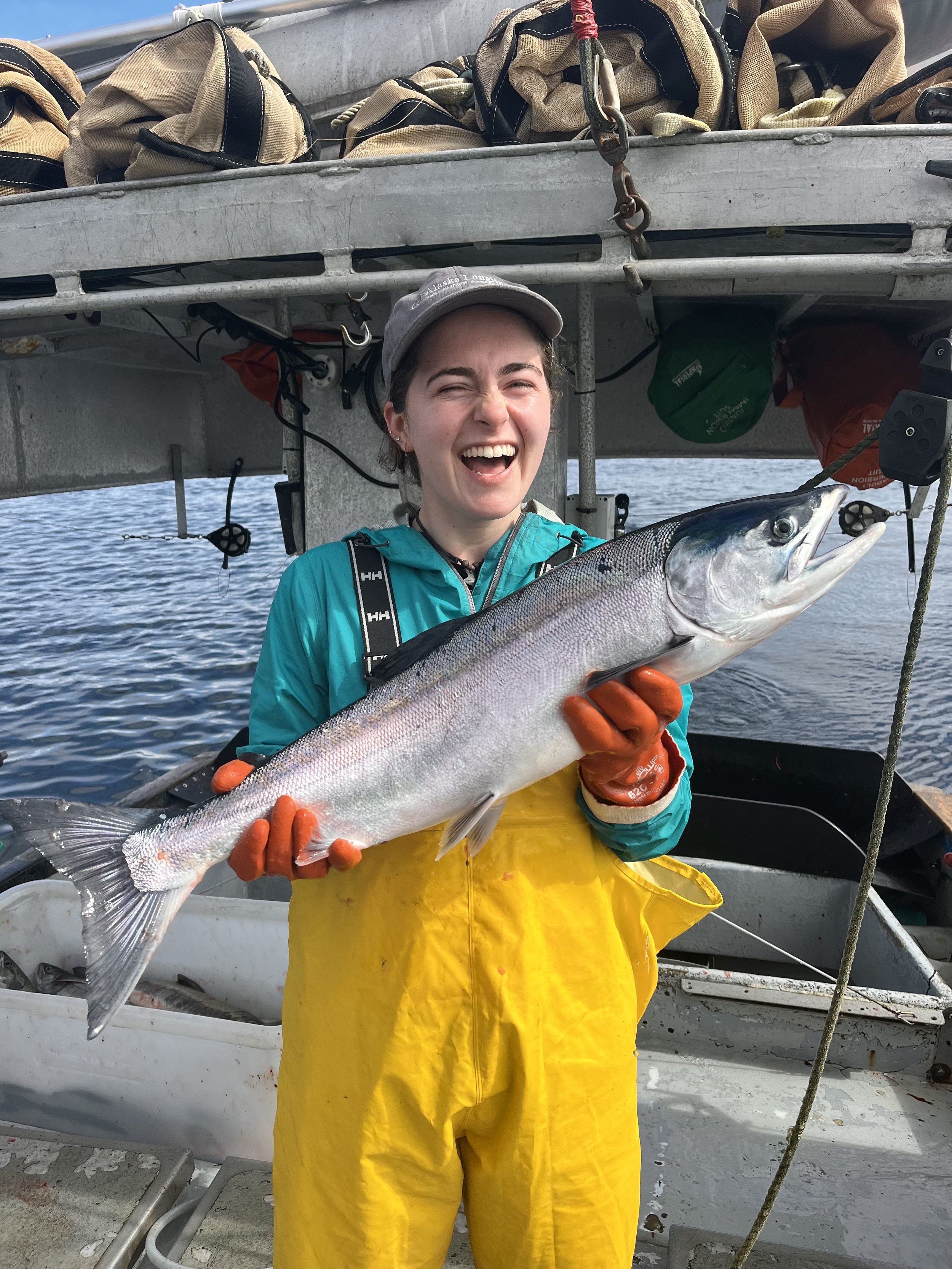
Securing America’s
Fishing Future.
Small scale community-based fishing is an integral part of our nation’s economy and identity.
The Fishing Communities Coalition represents commercial fishing organizations from the East Coast, the Gulf of America, the West Coast, and Alaska. Our mission is to advocate for the sustainable harvest and management of our fisheries to ensure a thriving marine economy for generations to come.

